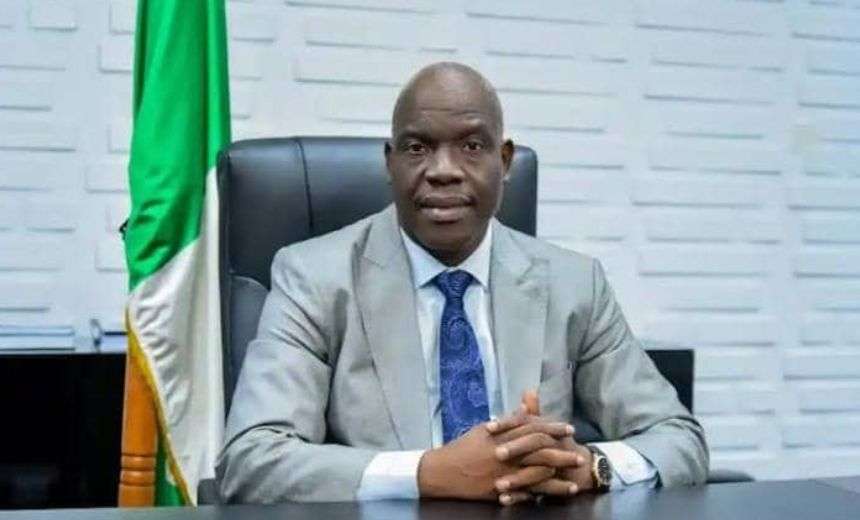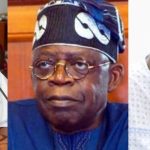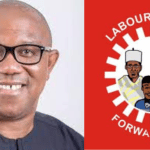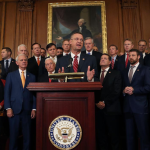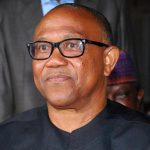The African Centre for Energy Investment and Policy (ACEIP) has thrown its weight behind the recent call by Engr. Gbenga Komolafe, Chief Executive of the Nigerian Upstream Petroleum Regulatory Commission (NUPRC), for the continent to secure at least $600 billion annually in upstream oil and gas investment — a move the centre described as a realistic and urgent lifeline for the continent’s energy security.
In a statement issued on Tuesday and signed by its Executive Director, Dr. Amaka Chima Ezeanochie, ACEIP said Komolafe’s message at the 2025 Africa Energies Summit in London was a timely intervention that captures the seriousness of Africa’s energy demands in a world pushing aggressively toward decarbonisation.
“We must stop pretending that Africa can leapfrog into renewables without first solving its foundational energy access crisis. Komolafe’s $600 billion call is not an exaggeration — it is the minimum needed if we are to power homes, industries, hospitals and schools across the continent. This is not a luxury. It is a lifeline,” Ezeanochie said.
Referencing BP’s 2024 Energy Outlook and the International Energy Forum’s forecast of a 30 percent surge in African energy demand by 2040, the Centre said Komolafe was right to warn against a one-size-fits-all global energy narrative.
“There is a dangerous assumption that what works for Europe or North America must work for Africa. But Africa’s energy reality is unique. We are the least electrified continent, and we have a right to use every available resource — including oil and gas — to meet our development goals,” Ezeanochie asserted.
She said Komolafe’s emphasis on investment flows into Nigeria’s upstream sector was especially critical, given the country’s proven reserves and recent regulatory milestones.
“Nigeria has over 210 trillion cubic feet of gas and 37 billion barrels of oil. These are not stranded assets. With the right investment, they are the building blocks of industrial growth, job creation, and regional energy integration. We’re not talking theory — we’re talking about powering lives and unlocking economic value,” she noted.
ACEIP praised NUPRC’s implementation of the Petroleum Industry Act (PIA), highlighting the reforms as a catalyst for investor confidence and operational momentum in Nigeria’s upstream sector.
“Between 2021 and 2025, Nigeria’s rig count grew from eight to over 36 — and we expect it to hit 50 by year-end. This is not by accident. It’s the result of deliberate reforms, investor outreach, and improved access to reliable data. The world is watching, and the numbers are proving Nigeria’s seriousness,” Ezeanochie said.
She also commended Nigeria’s seismic data acquisition campaign through the Awalé Project, noting that over 11,000 square kilometres of 3D seismic data had been gathered and more than 10,000 well records digitised under the National Data Repository.
“Nigeria has ended the era of blind drilling. With quality data at their fingertips, investors can make informed decisions quickly and confidently. This kind of transparency and preparedness should be the standard across Africa’s resource-rich economies.”
Dr. Ezeanochie warned that global finance institutions must stop applying blanket restrictions on oil and gas investments in Africa, especially in light of the continent’s energy poverty levels and low historic emissions.
“Africa is not asking for charity, we are asking for fairness. Denying financing for upstream projects in Africa while funding gas infrastructure in Europe is hypocrisy. You cannot ask us to power a continent of 1.4 billion people on hope and solar panels alone,” Ezeanochie declared.
She added that Nigeria’s approach under the NUPRC offers a blueprint that other African countries can learn from as they position themselves to attract capital.
“Nigeria has moved from rhetoric to execution. Transparent licensing rounds, policy clarity, and digital innovation have changed the game. Komolafe’s leadership has repositioned Nigeria as not just resource-rich, but reform-ready.”
The think tank concluded by urging African governments to unify behind a continental energy investment strategy while calling on global actors to stop framing fossil fuel use in Africa as incompatible with climate goals.
“We can fight climate change and still grow our economies. What Africa needs is patient capital, trusted partnerships, and a seat at the table where our future is being discussed. Komolafe has set the tone — now the world must listen,” Ezeanochie emphasized.



